There is so much symbolic meaning packed into the first eight verses of Mark that it would take forever and a day to explore them all. Therefore, let's just look at a couple.
In the time of Jesus the Romans were running the show. The Jews were allowed to live in their land, but it was under Roman rule and subject to Rome's taxation. Rome picked the puppet-rulers, whose job it was to keep the people compliant and paying their tribute to the empire. It was key to this imperial program that people see the Caesar, Rome's ruler, as God's divine representative. When Rome would win a battle, a town crier would go through the towns proclaiming good news ("Gospel") of great joy. Applying this imperial slogan to Mark's story about Jesus undermines the dominant understanding of who ran the world and who controlled history. Mark says the good news is about Jesus, yet everyone knew that good news was about Caesar. [A quick look at the situation in current-day Egypt makes clear the consequences of challenging the powers on the throne.]
But it is not just the ruling political powers that Mark's Gospel undercuts; the religious powers of the day are also subverted. Mark quotes from Isaiah and Malachi in verses two and three. Here is the full Malachi 3:1 quote:
"I will send my messenger, who will prepare the way before me. Then suddenly the Lord you are seeking will come to his temple; the messenger of the covenant, whom you desire, will come,” says the LORD Almighty."
Where is the action happening in Malachi? The temple. But where is the action for Mark? The wilderness?!? The temple for the Jewish people was the center of religious life. It validated rituals and practices. And the religious elites who controlled access to the temple would have seen the whole wilderness program of John the Baptist may have looked like a holy snub in the face. Mark is pointing to the margins as the place where this new creation is breaking forth.
So here we are, only eight verses into this story, and already everything is upside down. Which begs the question: How do we listen for the radical implications of Mark's good news about Jesus the Messiah? In what ways are we trapped within social and religious systems that desperately need to be subverted? Are we ready to be shocked and surprised? And the writer of Mark's Gospel is just getting started.


